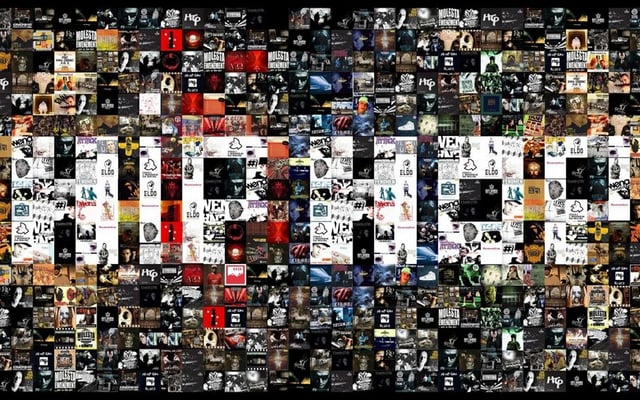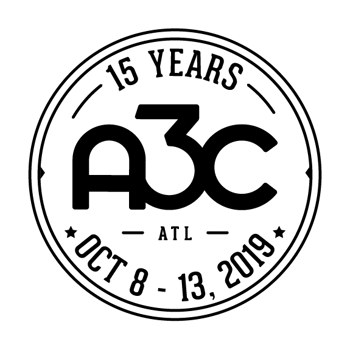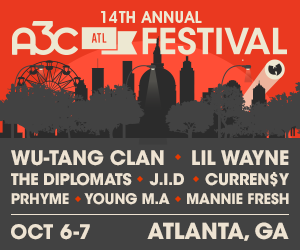
Journalism has always been one of the most important forms of expression we have as people. For centuries, journalists have been a source of information and perspective on an endless array of issues, and the subjects they cover are meant to inspire thought-provoking discussion and critical thinking. This principle rings true in every denomination of journalism, even one that has seen a drastic change in it’s landscape, such as Hip-Hop journalism. As time has progressed, Hip-Hop journalism has seen a decline in the quality. But why is this the case? The reason lies within the music itself.
During its earliest days, Hip-Hop’s role in the community was vastly different from where it currently stands. Back then, the music and its creators played an important role in educating Black communities about social issues and calling people to action. Early acts like Public Enemy and N.W.A. used their voices to bring attention to the political establishment of America and the dystopian society we lived in (that was going largely unacknowledged). Because of this, Hip-Hop journalists had no choice but to cover the issues being spoken about. As readers, we were forced to take a more philosophical role in our consumption of both the music and the arguments expressed in its coverage. It was easier for journalists to make a clear distinction of the message behind songs such as “Fight the Power” because the subject matter was direct and lent itself to a healthy discussion.
As time progressed and we moved to the end of the Golden Era of Hip-Hop, Hip-Hop journalism took a rapid turn in its purpose and audience. As Hip-Hop slowly evolved into the billion-dollar industry it is now, publications began to realize how lucrative the genre was becoming and quickly adjusted to a for-profit attitude with their coverage. Two of the biggest publications in Hip-Hop, The Source and XXL, reached their peak following in the 90’s. As stated in a powerful Baller Status article, the main purpose of these magazines was to sell subscriptions and generate advertising revenue. Because of this, coverage of Hip-Hop changed from unapologetically speaking on the content of the music and more toward appeasing popular opinion. Promoting beefs and providing a “current events” style of coverage in the media took precedent over producing provocative content. This was also around the time that we noticed Hip-Hop’s initial decline in quality, where the music no longer contained the same deep, introspective lyrics that once catalyzed action and change in our communities. As we reached the 21st century, the Internet and its rapid dissemination of information was the proverbial nail in the coffin of traditional journalistic practices, where clicks and SEO analytics overtook media’s values by storm.
That leads us to today, where print journalism is all but gone. As Hip-Hop publications have evolved into strictly blog formats, content strategy has struggled to keep up. Instead of remaining true to real journalism, blogs have become glorified PR firms for Hip-Hop artists and their camps. Instead of writing detailed, in depth reviews and features, articles have become press releases and breaking news stories, promoting hot artists and new music that will generate the most views. Apropos, the quality of Hip-Hop music has steadily declined, making it even harder for writers that are interested in pushing the culture forward to find their niche. Where is a writer who is interested in discussing Hip-Hop’s political commentary to go when there are so few artists talking about real issues, and even fewer publications that dare to promote long-form discussion? The digital age has drastically reduced our attention spans, and due to this, publications are forced to produce short, concise write-ups that summarize music rather than encourage public discourse. To make things worse, because artists drive reader interest, writers are no longer able to provide objective reviews of music out of fear of stepping on toes. Soured relationships with major artists due to a bad review or interview ultimately result in less exclusives, fewer collaborations, negative public perception and ultimately less money for publications involved.
So where does that leave us for the future? It's tough to say. Media will only continue to become more fluid, forcing publications to continue to be increasingly creative with the ways the get their content read. On top of that. with the exception of a few artists, it doesn't appear that Hip-Hop as a whole intends to revert back to its conscious glory days. The only true solution is for publications and writers to take a stand; having more accountability for the quality of music that is covered is a start. Even if the music isn't necessarily easy to highlight, it's time for writers to be more critical of the music they’re writing about. Instead of co-signing garbage and joking off the state of emergency that Hip-Hop is currently in, don't be afraid to call artists out about the messages they are putting into their craft. It is art after all, and it is not only an artist’s duty to provide their best work, but also the journalist’s responsibility to unabashedly critique the work in ways that the general public wouldn't dare.



